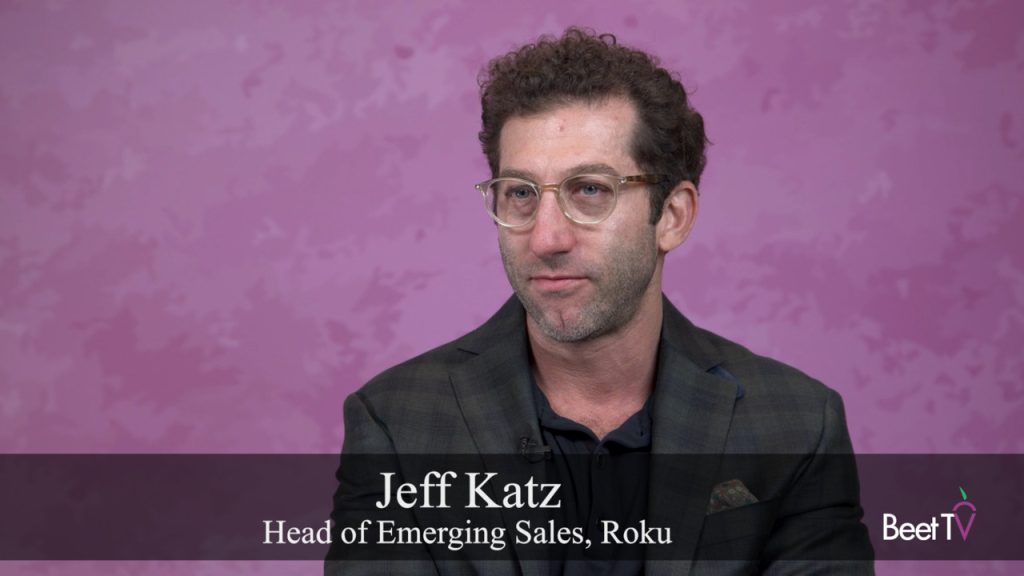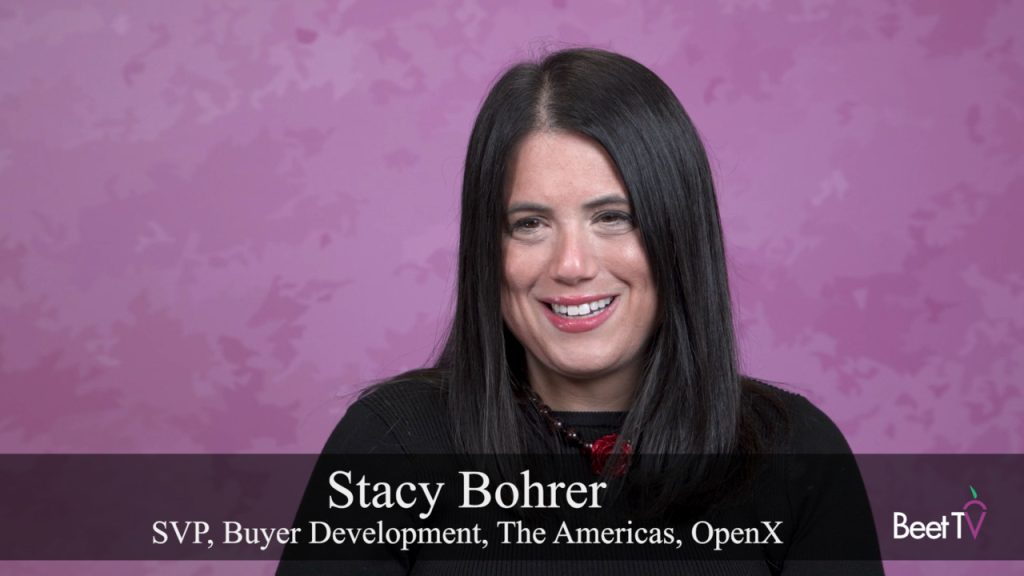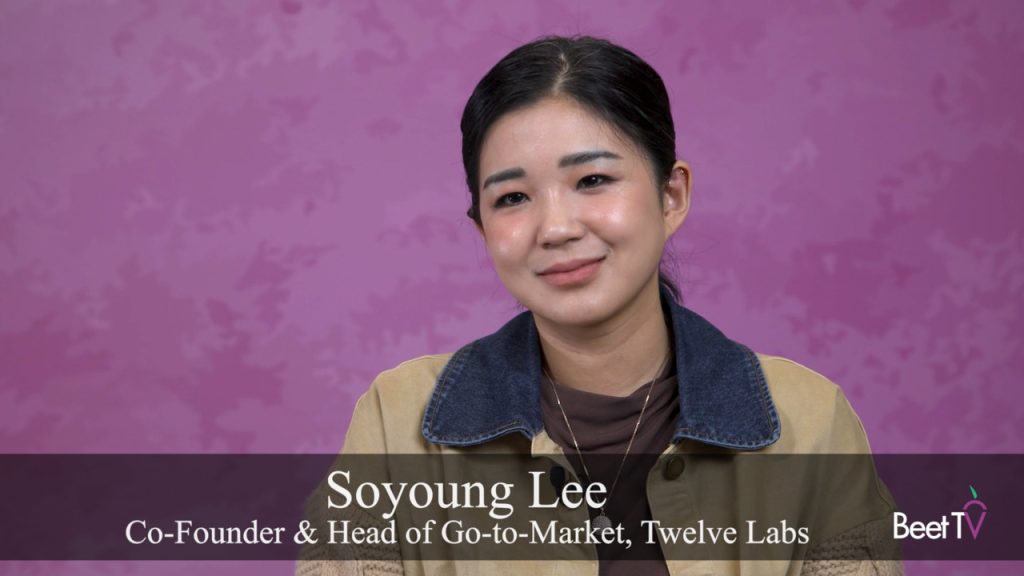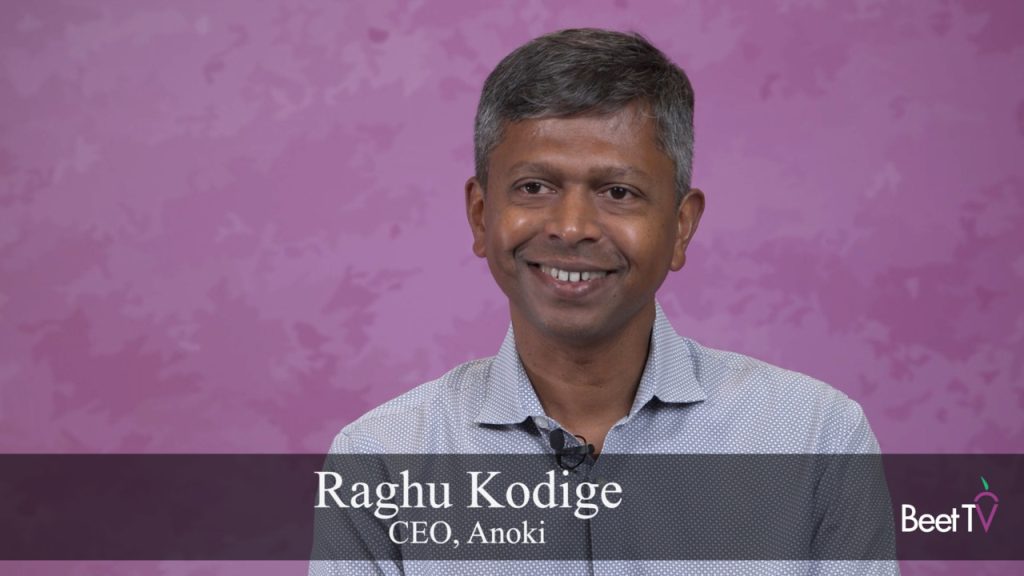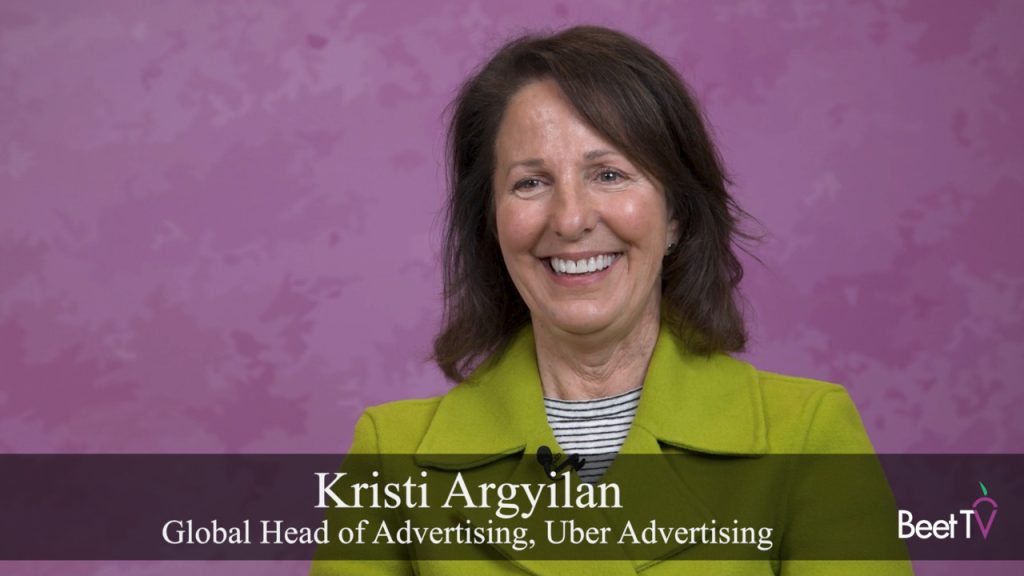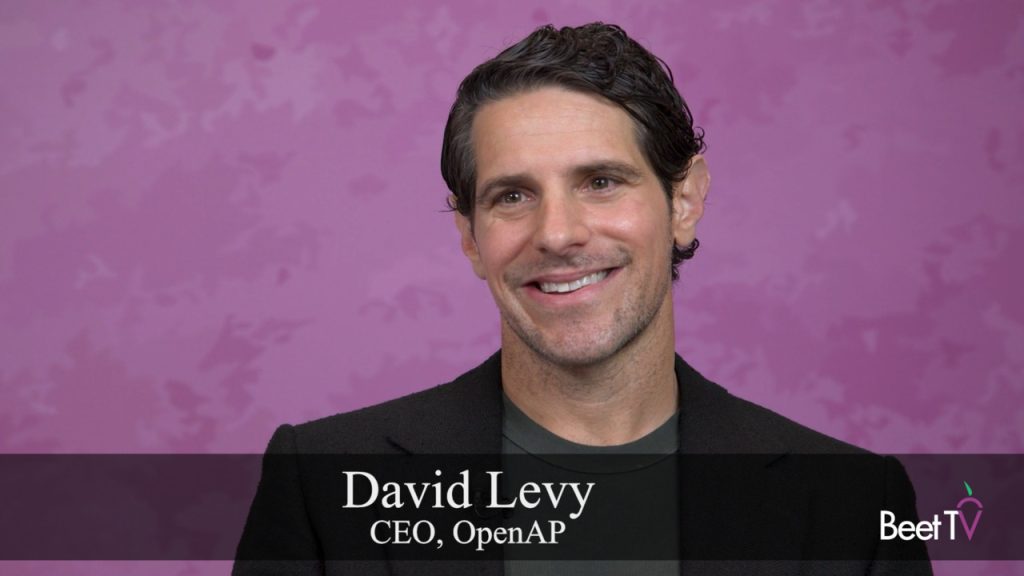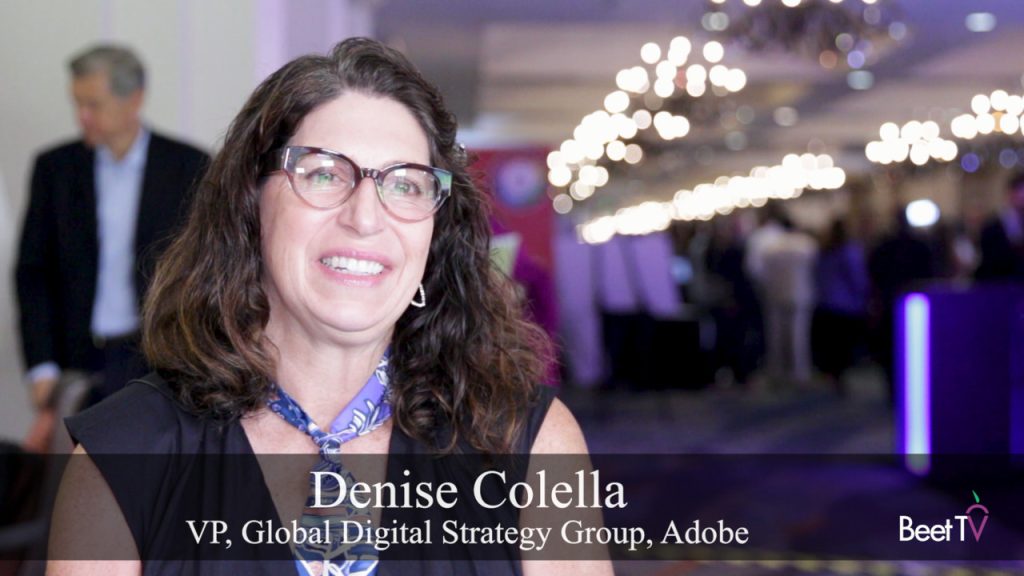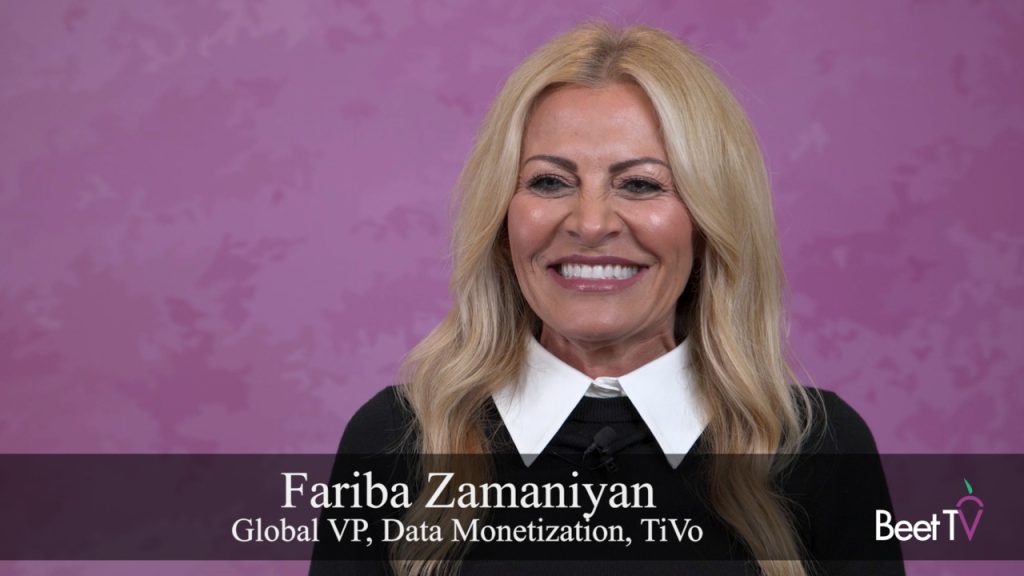LAS VEGAS—Having categorized more than 400 marketers in the direct-to-consumer space, LUMA Partners knows what has helped to make many of them successful. Trying to imitate them within the confines of traditional marketing isn’t easy, so some legacy companies are acquiring them for both their market share and contemporary culture, according to Founder & CEO Terry Kawaja.
“This isn’t some fad, some flash in the pan,” Kawaja says in this interview with Beet.TV at CES 2019.
While it’s still early days in the sector, “We are seeing companies in a variety of verticals, in a relatively short period of time with relatively little capital, garner significant market share, in some cases double digit-market share, away from category incumbents who have been building their brand equity for decades.”
In its D2C BRAND LUMAscape, the investment banking firm identifies more than 400 direct-to-consumer companies. The overwhelming majority are in clothing and apparel, followed by personal/family care and home/furnishings, then food/ drink and travel.
The rise of these companies “has major implications for the marketing world writ large, and our message to traditional marketers is don’t take this lying down,” Kawaja says. “Take a good hard look at what is causing the success of these startups because yes, while like any tech ecosystem, many of them will die but some will live and become major competitors.”
It comes down to a build-versus-buy scenario, but it can be very hard for legacy marketers to create a cool, new direct-to-consumer brand, according to Kawaja. His hypothetical example is a company selling a high-margin product through traditional means. “It’s like having a virus. The antibodies will come out and kill it. Good luck with your new division that’s going to circumvent that and disrupt that. That’s hard for a legacy company to do.”
Companies that have opted for buy versus build include Walmart and its acquisition of Jet.com for $3.3 billion. “Now they’re sort of infusing the culture that Mark Lore developed at Jet to drive Walmart’s broader ecommerce business.
Then there are Unilever and Dollar Shave Club and Procter & Gamble’s purchase of natural deodorant brand. These and other well-established companies “are capturing the growth, capturing the magic if you will, of these DTC brands. Not just for the business per se, but also to sort of infuse that thinking, that culture, that approach to the marketplace,” says Kawaja.
This video is part of Beet.TV coverage of CES 2019. The series is sponsored by NBCUniversal. For more coverage, please visit this page.





























